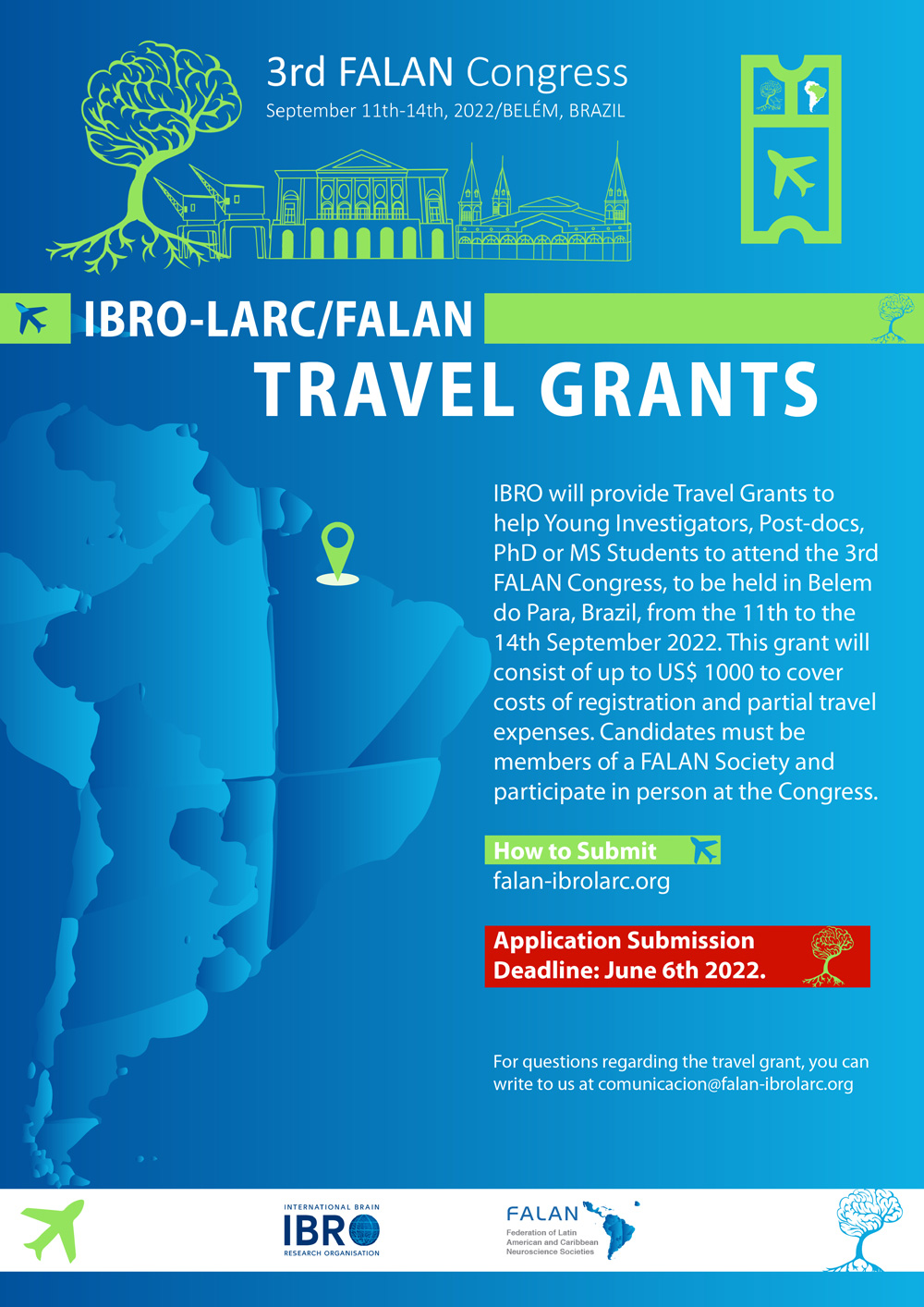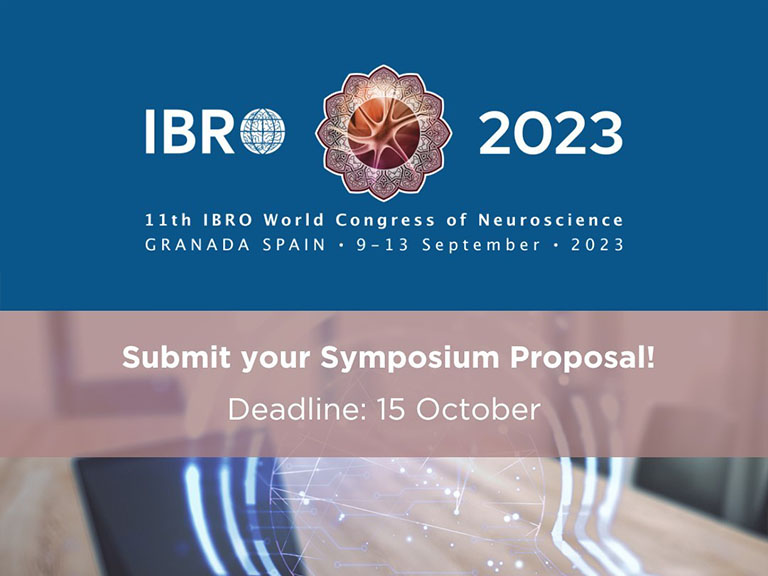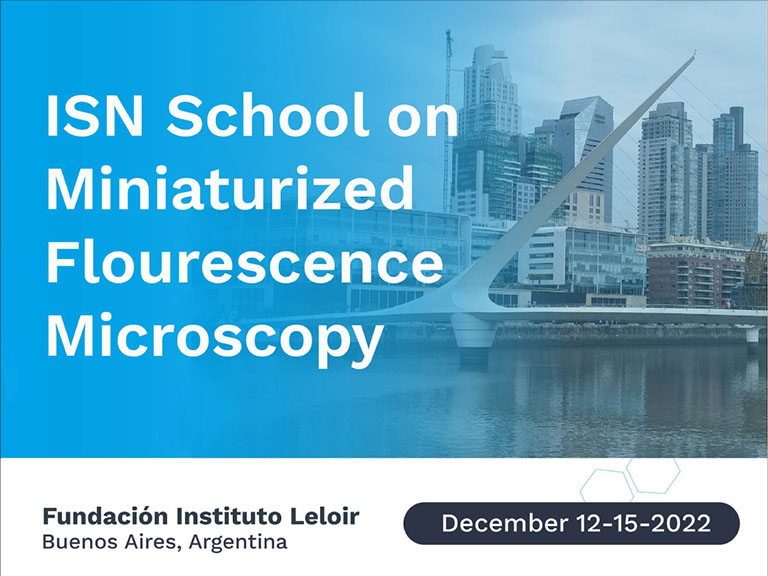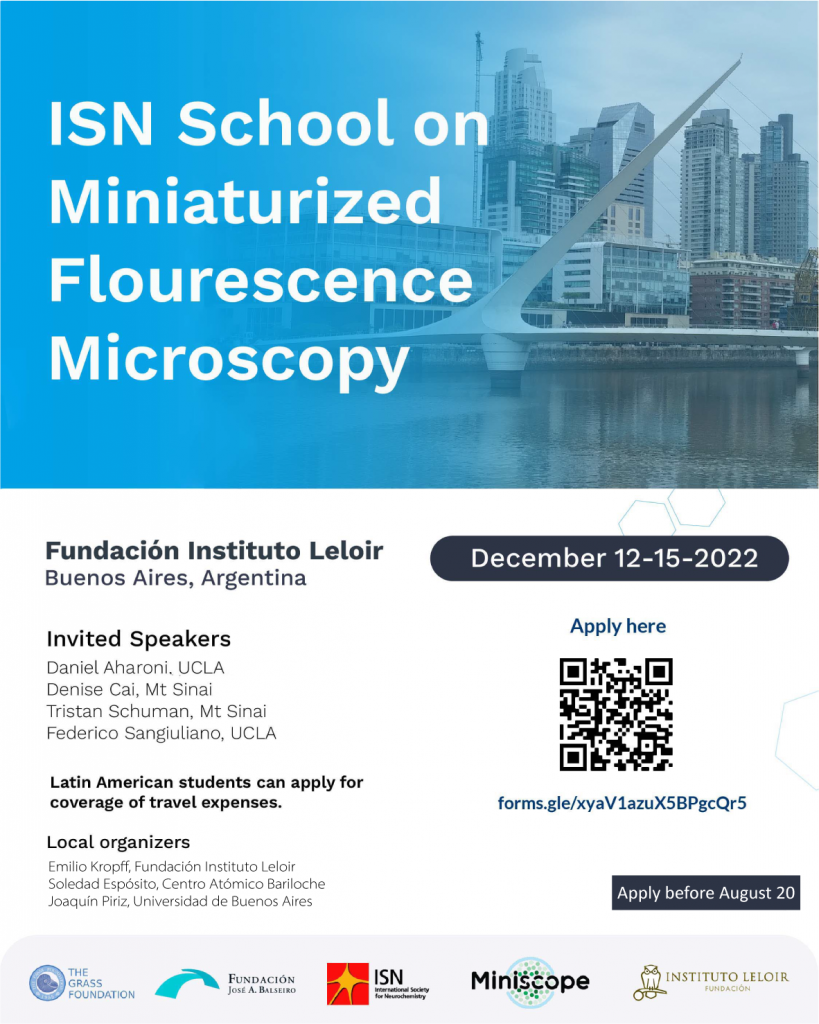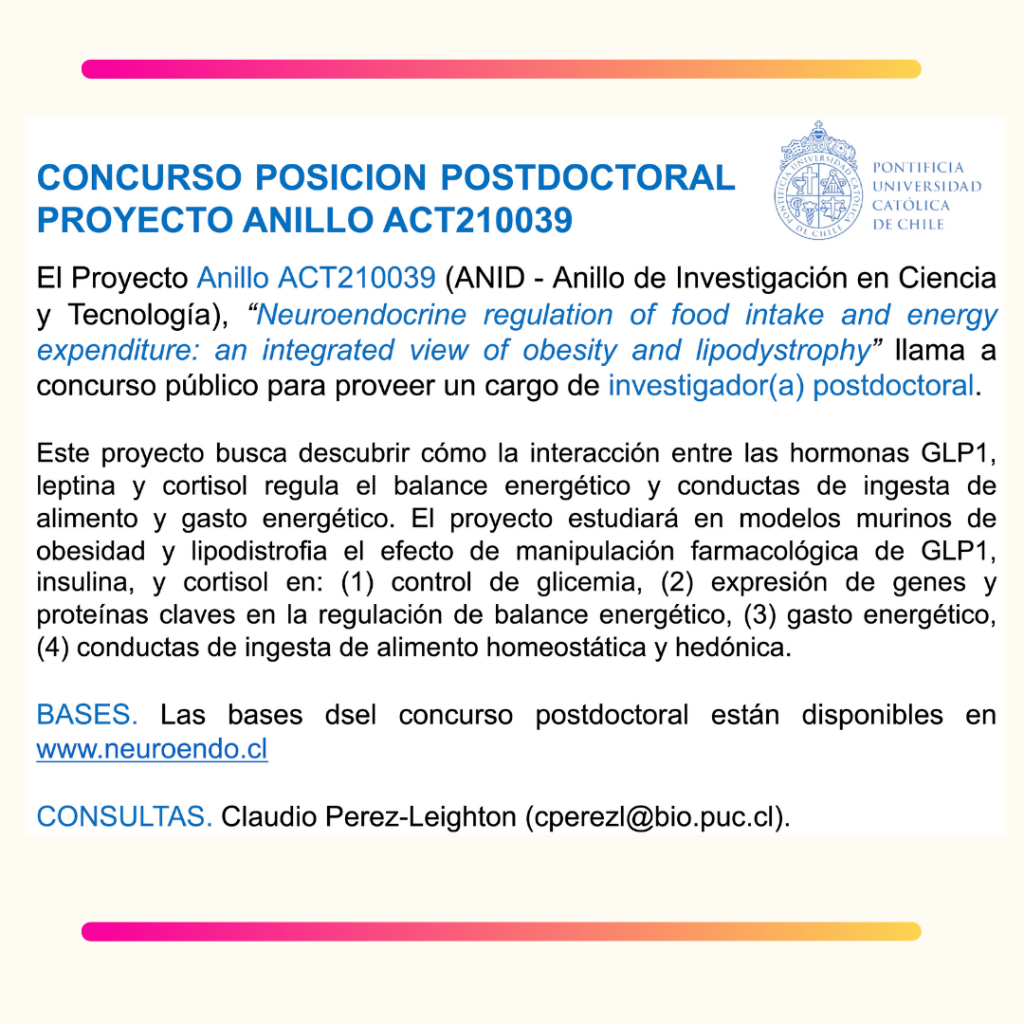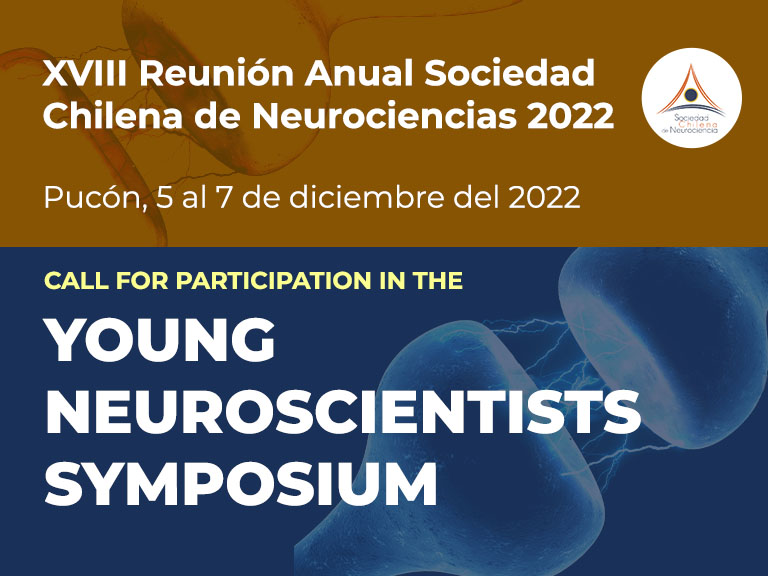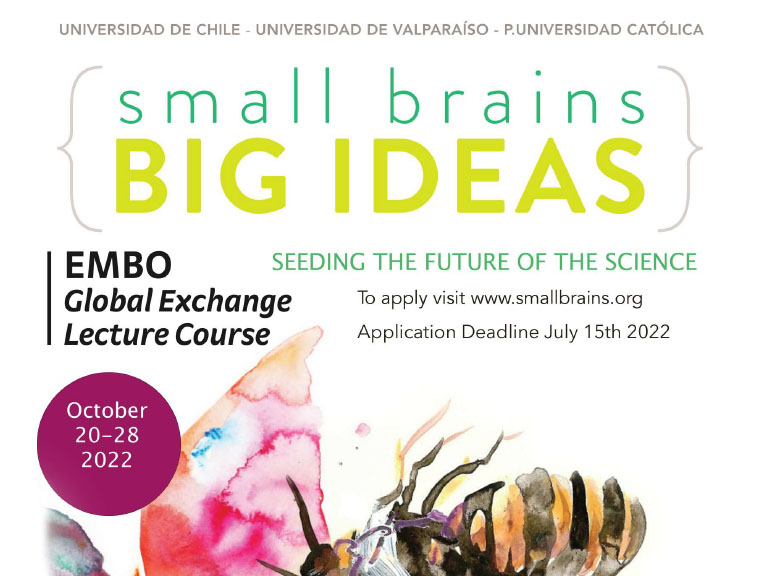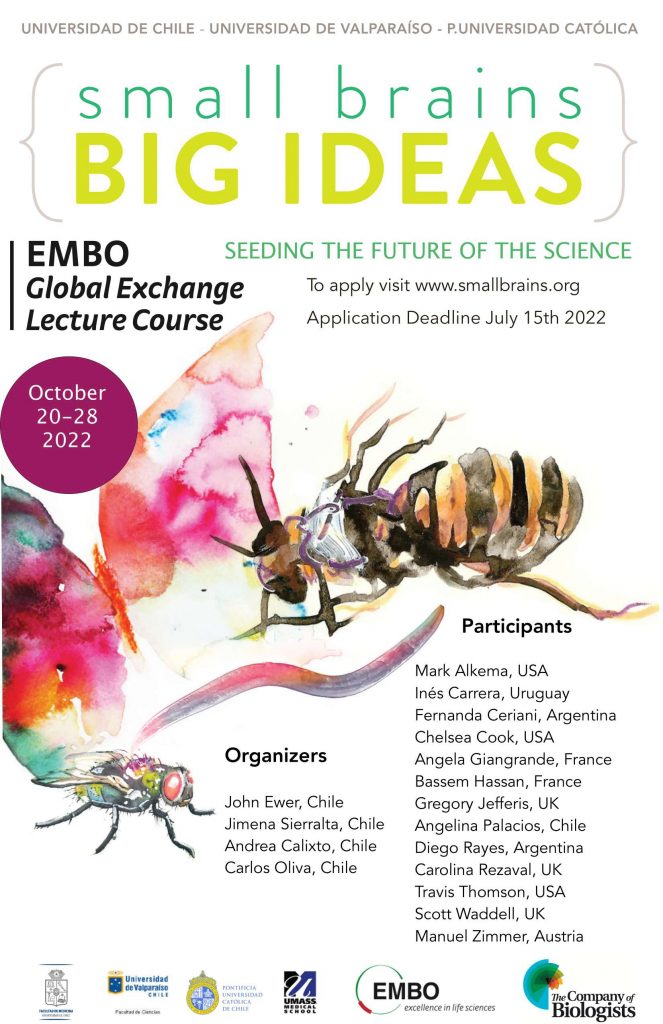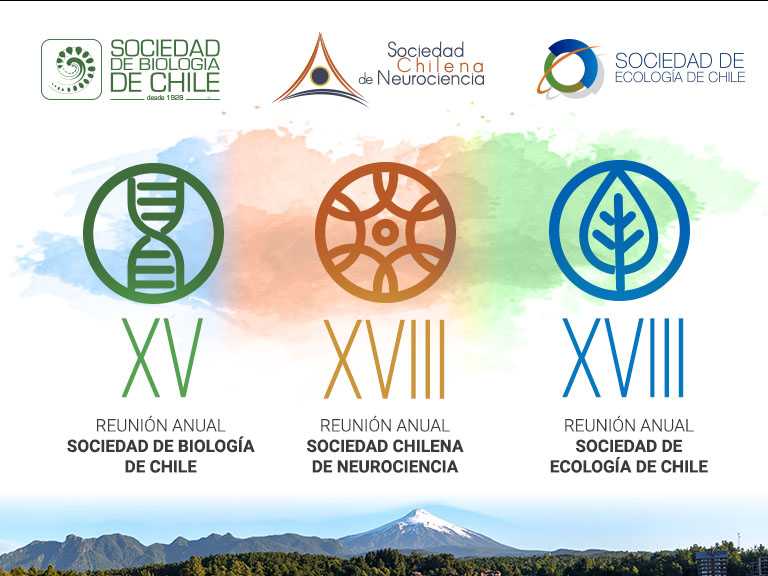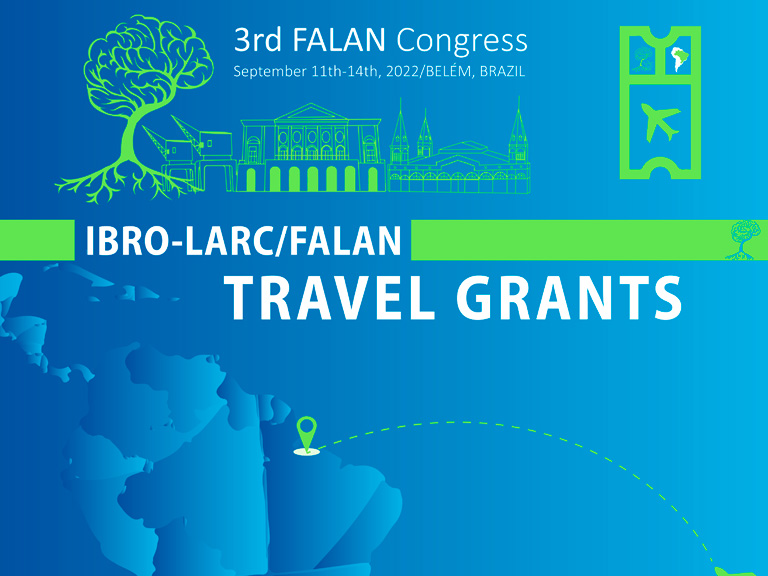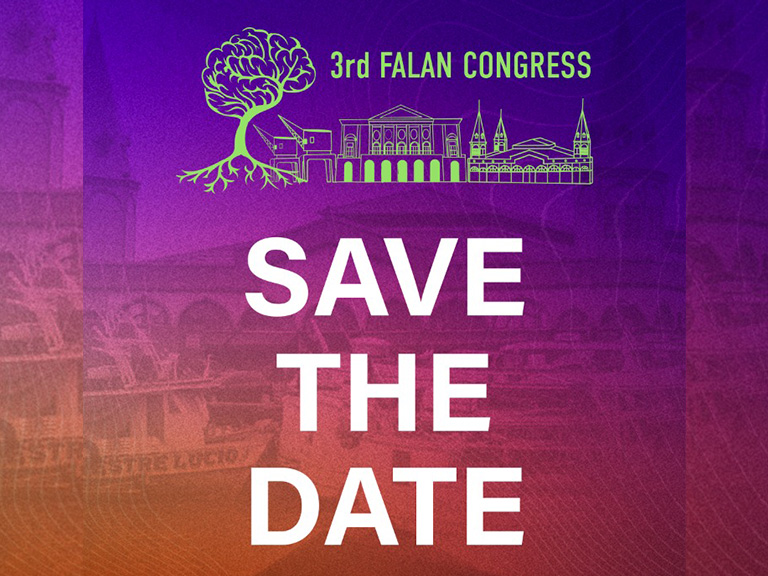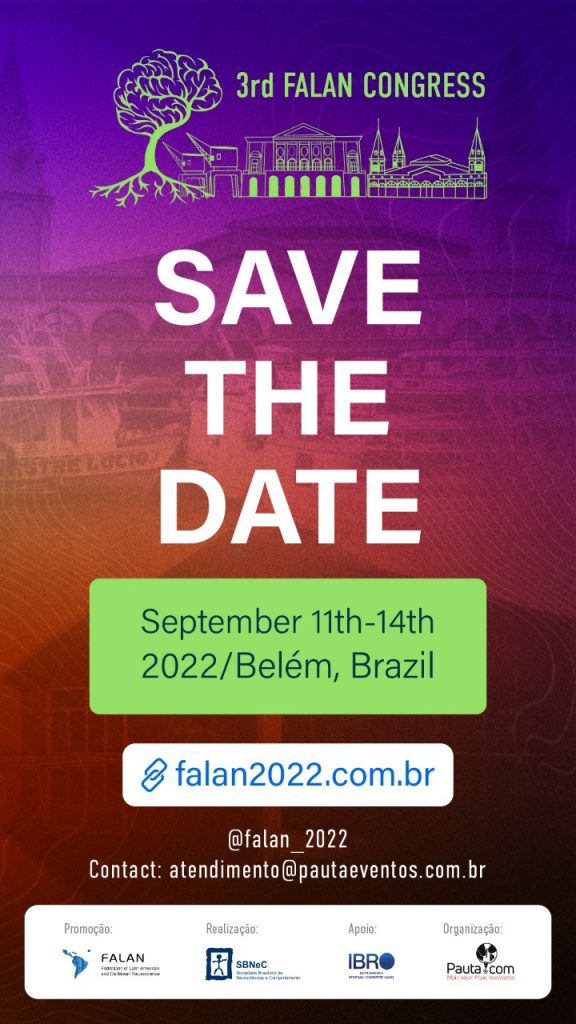IBRO will provide Travel Grants to help Young Investigators, Post-docs, PhD or MS Students to attend the 3rd FALAN Congress, to be held in Belem do Para, Brazil, from the 11th to the 14th September 2022. This grant will consist of up to US$ 1000 to cover costs of registration and partial travel expenses. Candidates must be members of a FALAN Society and participate in person at the Congress.
Only Young Investigators and Post-docs with a PhD title obtained within and no more than the last 5 years will be considered (female: 1 more year / child).
Brazilian Post-docs and Brazilian Young Investigators who have a Young Researcher Project at FAPESP are not eligible, as well as students who live in Belem and metropolitan areas of the city (radius of 100km).
How to Submit
Applicants must submit the application through the abstract submission form in the FALAN webpage (https://falan-ibrolarc.org). Please note that only participants who already registered and paid the registration fee in the Congress webpage (https://falan2022.com.br/) can apply for the grant.
Applications must include:
– Short CV (2 pages max) including: present position (specifying category as MS or PhD Students, Post-doc, or Young Investigator, and the year of obtaining the titles), education, 3 highest impact papers, 3 most important meeting presentations, awards.
– Abstract as presenting-first author.
– Confirmation of abstract submission (sent by the Congress webpage system once submitted).
– A short justification of the application to the grant, specifying the details of how it will be used (e.g.: travel costs, lodging).
– A letter proving the membership from the corresponding FALAN Society.
– Please declare if you received an IBRO-LARC Travel Grant in the last two years (2020-2022). Applicants with no previous grants will be prioritized.
Application Submission deadline
June 6th 2022
More Information:
Applications will be evaluated by a FALAN Evaluating Committee and final approval will be awarded by IBRO-LARC. Travel grant awardees will be announced on July 4th 2022. Gender balance, equitable geographical and minority representation will be taken into consideration.
During the meeting, awardees must attend every day and they could be asked to get involved in different activities related to the meeting. Awardees are invited to include the IBRO logo on their posters. Reports on financed activities must be delivered (to secretaria@falan-ibrolarc.org) within a period not exceeding 60 days after the completion date of the activity.
For travel grant questions, please write to comunicacion@falan-ibrolarc.org.
If you have problems completing the form, please write to info@falan-ibrolarc.org
